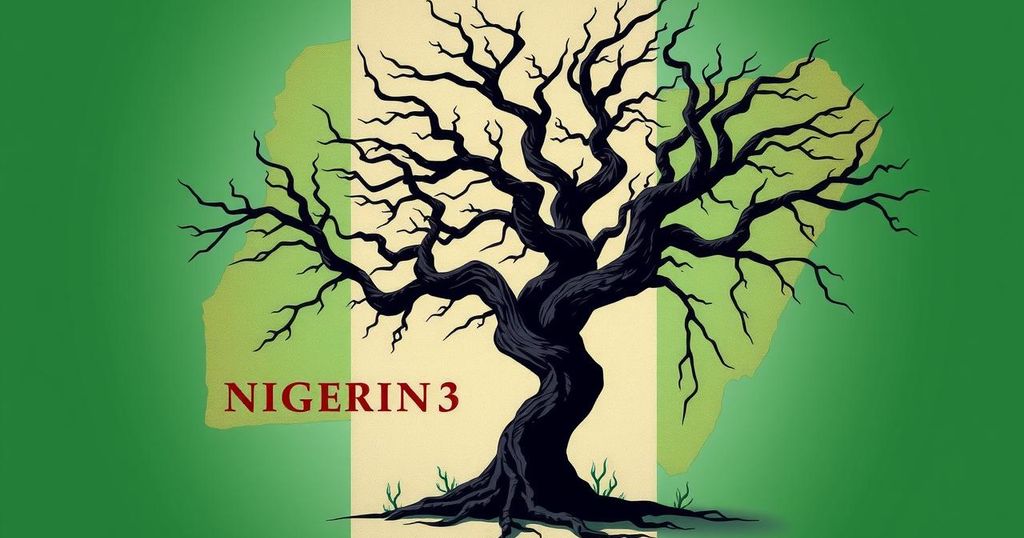The article discusses the challenges faced by performing governors in Nigeria, highlighting their struggle against political rivalries, public criticism, and resistance from vested interests. It emphasizes the importance of supporting reform-minded leaders to foster progress in governance. Anambra State’s Governor Soludo is highlighted as a current example of a governor striving for effective governance despite significant opposition and misinformation.
Governance, from ancient philosophies to contemporary practices, aims to protect the vulnerable and uplift society. However, it poses a paradox when citizens criticize officials working to enhance public institutions. Today, leaders continually seek approval, facing significant opposition and critique which tests their resilience.
The political conflicts between former governors and their successors often appear as rivalries, yet they have profound implications for governance in states like Lagos, Enugu, Kaduna, Anambra, Rivers, and Kano. Many governors find their visions compromised and abandon their political aspirations amidst relentless pressures. Those committed to improving infrastructure and economic strategies liken governance to an art form, akin to that of a master architect or an expert educator.
Governors encounter numerous obstacles that hinder their efficacy. They often face opposition from within their parties where political adversaries utilize various tactics to sabotage their efforts. Additionally, self-serving interest groups and corrupt officials frequently frustrate reform-oriented governors, prone to viewing governance as a personal venture rather than a public obligation.
A significant challenge arises when governors pursue alternative revenue streams, like private investments, due to shrinking federal allocations. These initiatives are typically met with resistance from vested interests that implement protests and bureaucratic obstacles to ensure the status quo remains unchallenged.
While skepticism towards leadership is understandable, especially in light of Nigeria’s political inconsistencies, it is crucial to avoid excessive cynicism. Performing governors often endure targeted attacks as they confront crime and entrenched corruption, complicating their efforts to govern effectively.
Anambra State exemplifies this struggle, as Governor Chukwuma Charles Soludo seeks to tackle crime and improve infrastructure while engaging with the public. Despite tangible progress, his administration faces persistent criticism and misinformation, with forces working to undermine its achievements.
Public perception, often distorted by misinformation on social media, can serve as a substantial obstacle for effective governance. Historical parallels remind us that visionary leaders, such as Christopher Columbus and George Washington, faced ridicule yet persevered. Governor Soludo finds himself in a similar situation as he strives to restore order in Anambra.
Good governance necessitates a collective effort from government entities, civil society, and the populace to support diligent governors. State leaders should resist abandoning vital initiatives due to fear of critique, as performing governors are valuable assets rather than targets of sabotage.
For transformative governance, enhancing public awareness, fostering political will, and implementing systemic reforms are essential. Protecting governors from disruptive elements while ensuring that leadership is evaluated based on merit can help Nigeria fully realize the capabilities of its devoted public servants and prioritize progressive governance.
In conclusion, effective governance in Nigeria faces numerous challenges due to political rivalries, public perception, and resistance from vested interests. Governors striving for reform and progress must be supported by both society and government entities. By fostering an environment conducive to merit-based leadership and promoting public awareness, Nigeria can better harness the potential of its dedicated officials for the nation’s advancement.
Original Source: businessday.ng




